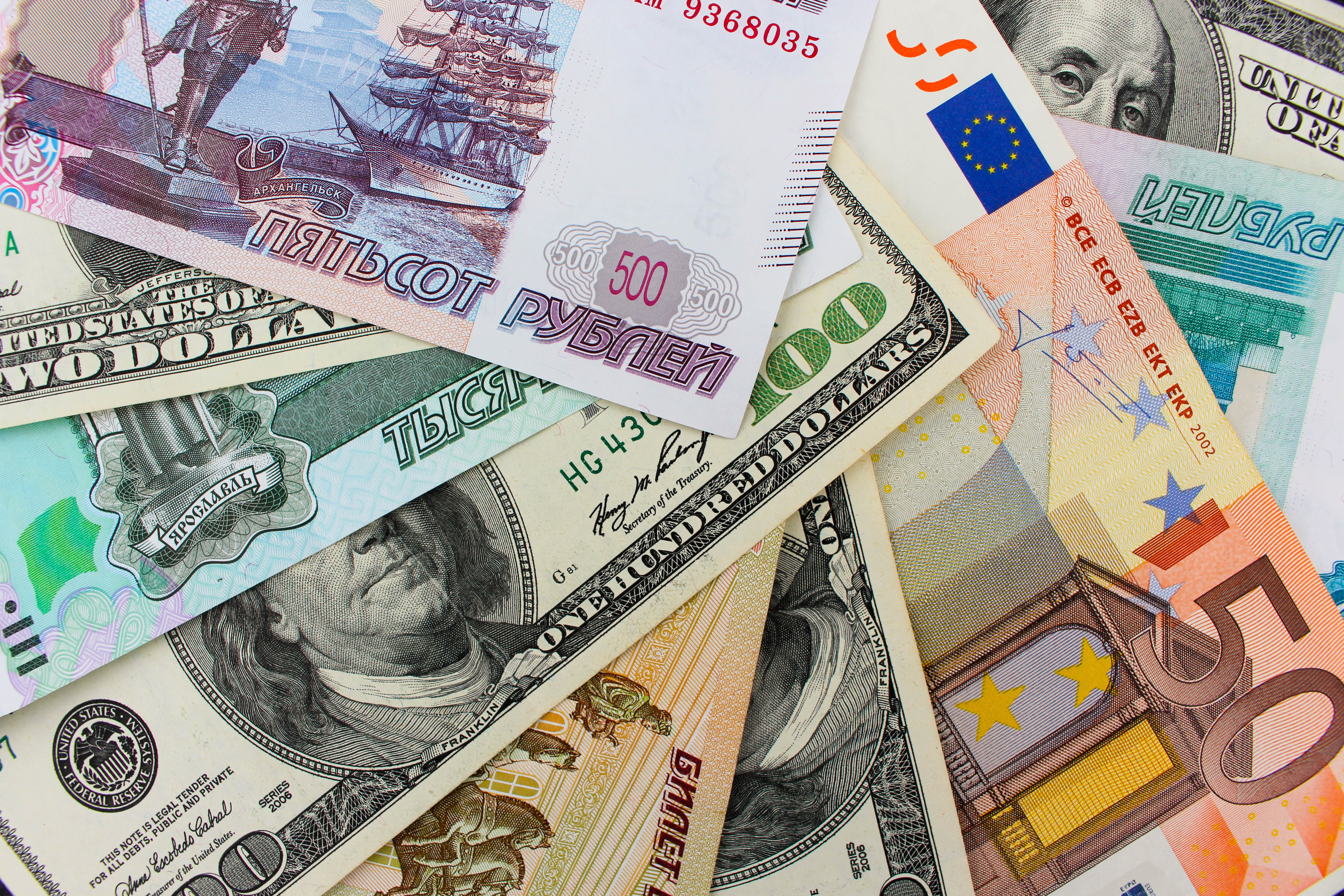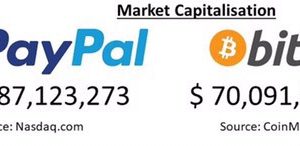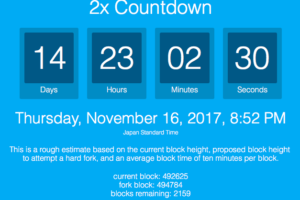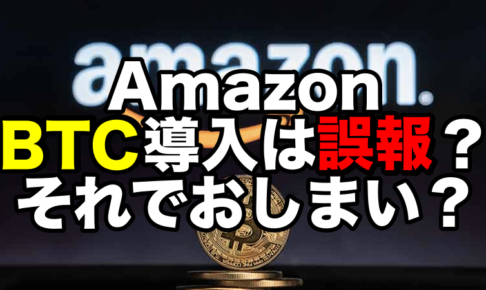仮想通貨(正式:暗号通貨)の基軸通貨であるビットコインに次ぎ、有名な仮想通貨として、イーサリアムとリップルがあると思います。
※ 仮想通貨リップルって何??という方はまず右記リンクからリップルの基礎を読んでください。(リンク)
ここでは、リップルの最近の動向について、英語記事がありましたので、紹介したいと思います。
目次
リップル社と各国金融機関の提携
リップルは、2017年4月に10社の金融関係をRipple社のネットワークの通称blockchain network内に、追加しました。
リップル社は2012年に分散管理台帳の技術と関連する支払いの技術により約100M USDでリリースされました。
支払い技術とは、リップル社は、会社間の共同企業間の高利益な支払いの明確化、支払い遅れの不満の声が高鳴る中、それを解消する役割を持っています。
(※詳しい内容は、リップル基礎(リンク)を参照)
そして、その新しいパートナーシップはリップルが示す実績や影響を見て、参加を決めています。新しいパートナーとしては以下のとおりです。
– MUFG (Japan)
– BBVA (Spain)
– SEB (Sweden)
– Akbank, Yes Bank (India)
– Axis Bank (India)
– SBI Remit (Japan)
– Star One Credit Union (US)
– EZ Forex (US)
– Cambridge FX (Canada)
どれも有名企業ばかりですね。
会見の中でリップル社の副社長であるAsheet Birla氏はより効率的な企業間の提携するための技術を提供することを決定し始めていると述べています。
また、リップル社はリップル社のネットワーク網(blockchain network)を用い企業間の支払いを迅速化する一方、銀行間取引標準も作成していると説明しています。詳細は、以下のBirla氏のコメントを参照ください。
顧客が全てのリップル技術の標準規則を必要とするでしょう。我々の技術は、規則を守ったつながりが必要となる。だからblockchain networkと呼んでいる。そのため、パートナーに参加してもらう場合、パートナーにblockchain network
の標準規則を承認してもらい、技術の実現にサポートしてもらわなければならない。
新しいパートナーの禁輸期間はリップル社にとって国内、海外企業が混ざっています。Birla氏が説明するように、インドのYes銀行やAxis銀行は多くの海外から送金を受けており、支払いは少ないです。
一方、日本のMUFG銀行は、国内・海外両者をほぼ同じ割合で管理しています。
MUFG銀行に関する送金概要として以下のようなコメントがあります。
MUFGは、多くの日本円の支払いをトルコやインドのような他国へ実施しています。ただ、同様に海外からの送金依頼も同様の需要が存在ます。
早い送金技術は、1つの利点です。しかし、各金融機関は、他の利点も述べています。
例えば、EZ Forex社の社長Even Shelan氏は、以下のとおり述べています。
blockchain networkの利点は、金融機関のための分散台帳を通した各社への支払いに対し、世界トップクラスのセキュリティーレベルを確保できることである。
金融機関の海外との業務能力
おそらくリップル社が提供するグローバルネットワークは、世界で注目されているDLT(Distributed Ledge Technology:分配台帳技術【例:ブロックチェーン】)を用いることで、各国の金融機関に溶け込んでいくでしょう。
Birla氏によれば、今後各国の銀行は、世界との取引が今まで以上に必要になってくるはずであると述べています。
Birla氏はDLTを作ることで金融機関の国外取引の問題を解消する手助けができるはずだと考えています。
例えば、A国とB国間で取引経験がなく標準的な契約や手順がない場合、Ripple社の技術が役に立つと主張しています。
ただ、銀行の選定自体は、各地方や各国の統括能力を元に選定されることが多く、その場合やはり海外送金のRippleのサポート業務が必要になってくると考えています。
補足:リップルの価値推移に関するニュース
リップルの価値に影響を及ぼしそうなニュースの詳細については、以下を参照ください。
- 仮想通貨リップルの新ニュース!チャートに影響か?投資家必見!
- 仮想通貨リップル(Ripple)の今後を予想!!SBIホールディングスの経営報告会で紹介!!
- 仮想通貨リップルの相場の停滞に対して打ち手となるか??モバイルアプリが効果を発揮か??
- 仮想通貨リップルの今後は??インド大手の取引所BTCXindiaの提携!!
- 仮想通貨リップルの可能性が伸びるか??タイと日本間の送金サービス確立!!
原文
転用元:http://www.coindesk.com/ripple-touts-blockchain-standards-push-10-new-banks-join-network/
Ripple is adding 10 new banks and financial services providers to what it’s now calling its “blockchain network”.
Founded in 2012, Ripple has raised nearly $100m for its distributed ledger tech and related payments products, but it has been increasingly active of late in seeking to formalize enterprise partnerships amid a wave of high-profile consortium efforts.
The new partnerships find Ripple showcasing its reach and influence. New members include MUFG (Japan), BBVA (Spain), SEB (Sweden), Akbank, Yes Bank (India), Axis Bank (India), SBI Remit (Japan), Star One Credit Union (US), EZ Forex (US) and Cambridge FX (Canada).
In an interview, Ripple VP of product, Asheesh Birla explained the company is beginning to define its offerings in more collaborative terms. While its product allows for faster cross-border payments, Ripple is also creating a set of standards for banks to follow while using its underlying tech, he said.
Birla told CoinDesk:
“You need a whole ruleset, and that’s why we call it a blockchain network and when we say that partners are joining, they’re actually agreeing to the standards and rules that accompany the technology as well.”
The new partner banks and companies are a mix of inbound and outbound services. As Birla explained, Indian banks Yes Bank and Axis Bank are receiving more cross-border payments rather than issuing payments out.
MUFG in Japan, on the other hand, manages both. “They would be processing payments for a lot of Japanese that want to send money to other destinations like Turkey and India but then there’s a lot of demand for sending payments into Japan as well,” he said.
Faster payments is one advantage, but members also cited other advantages.
Evan Shelan, chairman of EZ Forex said, “The benefits [of the blockchain] are about adding the most advanced level of security to each payment through the distributive ledger for our financial institutions.”
Global reach
Of course, a global network is perhaps a natural fit given Ripple’s recent focus on the cross-border DLT opportunity. According to Birla, many banks are feeling the need to process more international payments than ever before.
As such, Birla framed DLT as an advance that could help financial institutions with a broader set of problems. For instance, without a standardized procedure, he argued things gets messy when operating payments to several different countries.
“[Banks are] looking at this as a new kind of service that they can offer that would compete with a lot of the startups in their space,” he said.
Still, work needs to be done to boost the Ripple ecosystem, and Birla said that banks were chosen, in part, due to their expertise with their local regulatory environment.
Birla concluded:
“The reason that we chose to work with banks is that they are experts in local regulation. A lot of them have that pull and understand the regulatory environment and we built our product in such a way that it fits within the different regulatory schemes around the world.”
Disclaimer: CoinDesk is a subsidiary of Digital Currency Group, which has an ownership stake in Ripple.
Multiple currency image via Shutterstock
























コメントを残す
コメントを投稿するにはログインしてください。